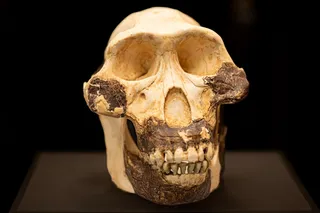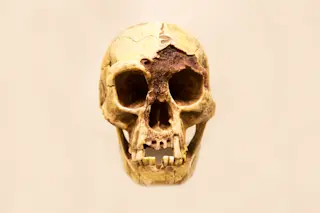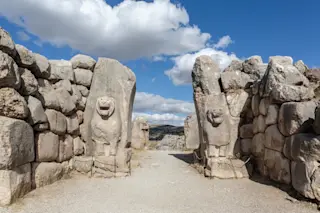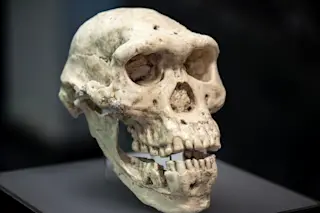In May a team of Polish and Egyptian archaeologists announced they had unearthed the long-lost site of Archimedes’ alma mater: the University of Alexandria in Egypt. Even Cambridge University in England, which boasts Sir Isaac Newton as an alum, cannot claim such a venerable pedigree.
The legendary university flourished 2,300 years ago when Alexandria was the intellectual and cultural hub of the world. While in the city, Archimedes crafted a water pump of a type still used today; Euclid organized and developed the rules of geometry; Hypsicles divided the zodiac into 360 equal arcs; and Eratosthenes calculated the diameter of Earth. Other scholars in the city are believed to have edited the works of Homer and produced the Septuagint, the ancient Greek translation of the Old Testament. “This is the oldest university ever found in the world,” Grzegorz Majcherek, who directed the dig under the auspices of Egypt’s Supreme Council ...













